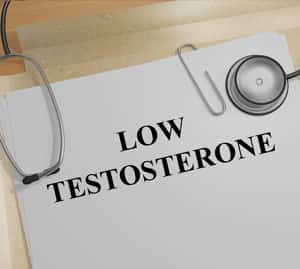
Around the turn of the 21st century, drug companies started advertising testosterone on television. They implied that many men suffered from low testosterone and suggested that “low T” could be reversed with testosterone. The idea was that such a treatment in skin patches, topical gels or shots would make middle-aged and older guys feel young again, restoring their strength, energy and sex drive. Presumably, many men also expected it to improve their erections as well.
While some doctors have been enthusiastic, others have had doubts. How well testosterone works for such problems and whether the benefits are outweighed by an increased risk of heart attacks or strokes has been an open question.
Treating Low Testosterone:
There is no doubt that men’s testosterone levels tend to drop with age. However, the decline is more gradual and less dramatic than women’s lower estrogen levels at menopause. The American College of Physicians has just offered guidelines for doctors prescribing testosterone (Annals of Internal Medicine, online Jan. 7, 2020). According to the guidelines, doctors are justified in prescribing testosterone for low libido and erectile difficulties. The evidence is not strong enough to recommend it to treat other problems.
The effectiveness for each patient should be reviewed at least annually. The guidelines recommend intramuscular injections rather than topical formulations to treat low testosterone because injections are significantly less expensive. Fortunately, the reviewers did not find strong evidence of serious adverse effects such as heart attacks.
Learn More:
Injections are not the only way to address low hormone levels. You may wish to listen to our interview with Dr. John La Puma on how to raise levels naturally.
Citations
- Qaseem A et al, "Testosterone treatment in adult men with age-related low testosterone: A clinical guideline from the American College of Physicians." Annals of Internal Medicine, online Jan. 7, 2020. DOI: 10.7326/M19-0882

